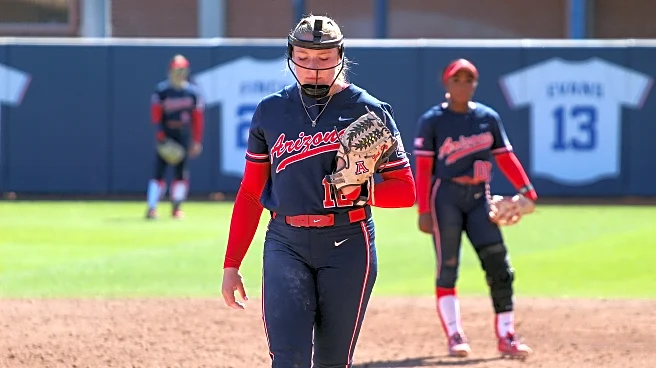Rapid Read • 7 min read
Aspen Public Radio has featured a weekly puzzle challenge on its program, 'Wait Wait ... Don't Tell Me!', with a riddle centered around hospital-related terms. The challenge, created by Peter Gwinn, involves rearranging the letters of a seven-letter word commonly found in hospitals to form two separate words. The answer to the previous week's challenge was 'Helipad,' which can be rearranged to form 'help' and 'aid.' Alison Triebwasser from East Longmeadow, Massachusetts, was announced as the winner. This week's puzzle, crafted by Ed Pegg Jr., involves rearranging the title of the children's book 'Sylvester and the Magic Pebble' to name a famous film director and a noted stage role.
AD
The weekly puzzle challenge engages listeners in a creative and intellectual exercise, fostering community interaction and entertainment. It highlights the importance of wordplay and problem-solving in media programming, offering a unique blend of education and fun. Such challenges can enhance cognitive skills and provide a platform for listeners to showcase their linguistic abilities. The involvement of notable contributors like Peter Gwinn and Ed Pegg Jr. adds credibility and excitement to the program, potentially increasing listener engagement and participation.
Listeners are encouraged to submit their answers to the current week's challenge by Thursday, August 21st at 3 p.m. ET. Those whose answers are selected will have the opportunity to participate in the on-air puzzle segment. This ongoing engagement promises to maintain audience interest and participation, with future challenges likely to continue featuring creative and thought-provoking puzzles.
The puzzle challenge reflects broader cultural trends in media where interactive content is increasingly used to engage audiences. It underscores the role of public radio in providing educational entertainment and fostering community involvement. The use of puzzles and word games can also be seen as a way to promote literacy and critical thinking skills among listeners.
AD
More Stories You Might Enjoy












